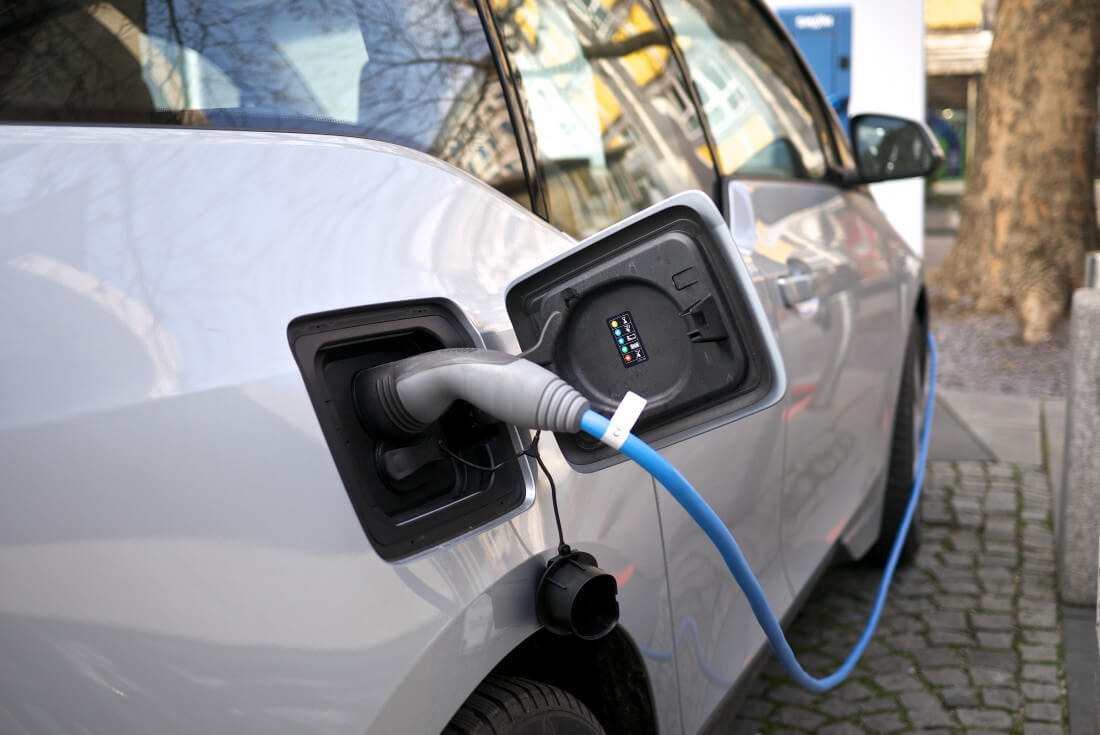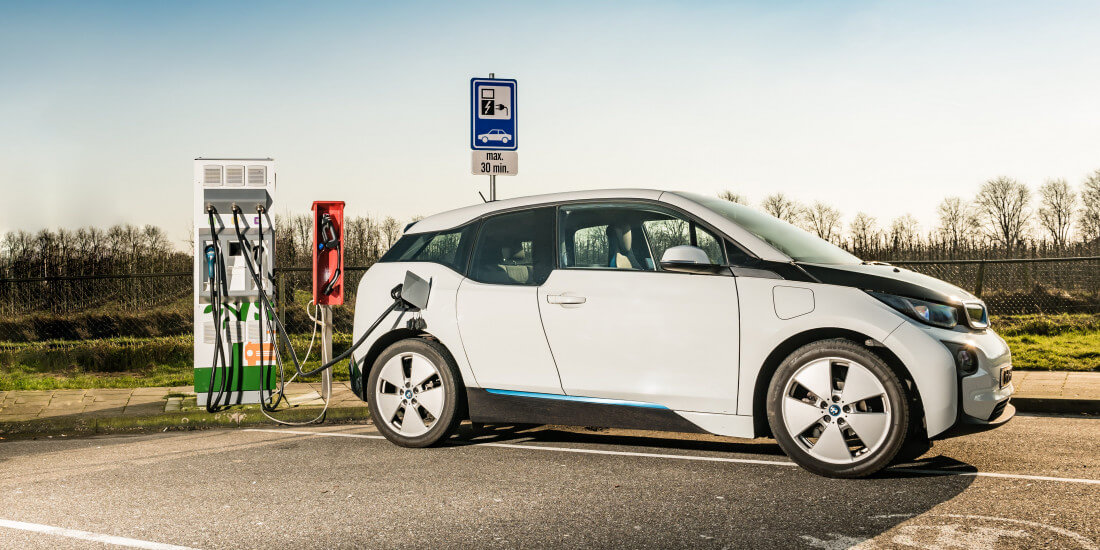
Electric vehicles (EVs) have been in the spotlight for quite some time now, due in no small part to efforts from companies like Tesla to push green vehicles into the public eye. However, for all the progress EV technology has made over the past few years, traditional gas-powered vehicles have always had one major advantage over their greener cousins as far as range goes.
"Range anxiety" is still a common worry among many potential EV owners, a fear rooted in the belief that long-distance trips won't be possible when switching to an EV. Though modern electric cars are beginning to mitigate some of these concerns by offering 200-350 miles of range on a single charge, long, eight to 12-hour charging times are another challenge the industry hasn't fully overcome yet.
However, that may change soon, according to Engadget. Researchers from Bristol University and Surrey University have reportedly discovered a "breakthrough" in energy storage technology.
This potential advancement is a result of researchers' recent discovery of a new supercapacitor material. In addition to significantly reducing charging times to as little as 10 minutes, this material could give supercapacitors more energy density than traditional lithium-ion batteries.

Specifically, researchers have found their new material can hold roughly 180 watt-hours per kilogram, a major increase over the 100-120 watt-hours per kilogram storage density found in most ordinary EV batteries. Such an improvement could eventually give EVs a sizable range boost, allowing them to "comfortably surpass" the ranges most other EVs are capable of traveling on a single charge.
"These results are extremely exciting and it is hard to believe that we have come so far in such a short time," Surrey University Senior Lecturer Dr. Brendan Howlin said. "We could be at the start of a new chapter in the technology of low cost electric energy storage that could shape the future of industry and society for many years to come."
As intriguing as these findings are, research into the new supercapacitor material is far from finished. The technology must prove to be scalable, cost-effective and sustainable in the long term in order for it to make any significant dent in the EV industry or energy storage as a whole.